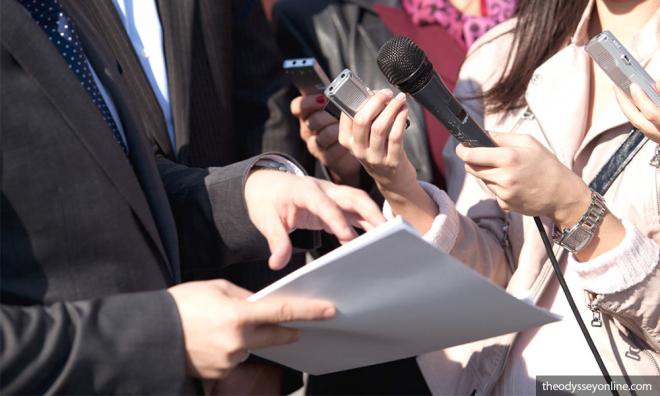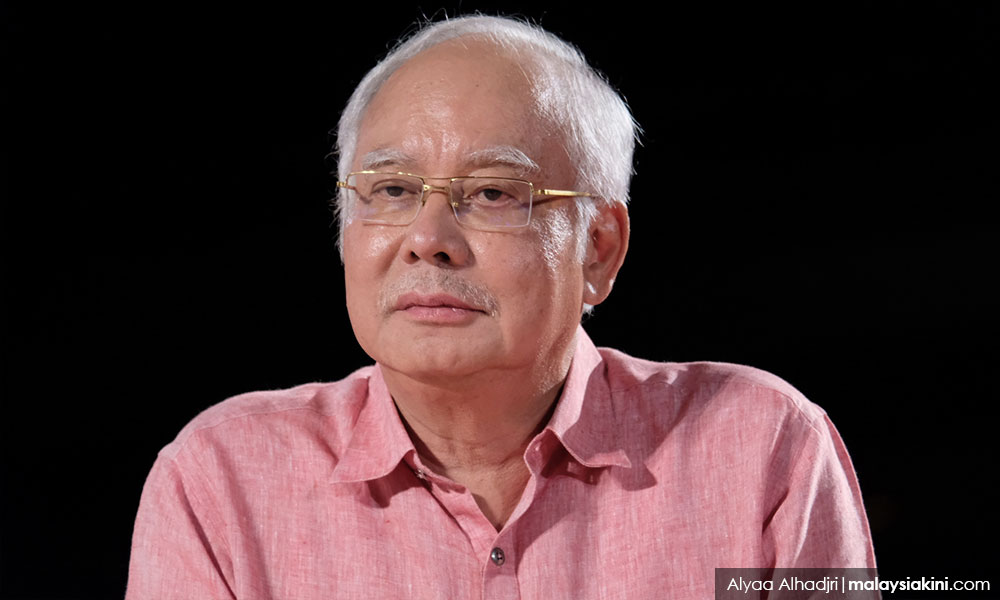
On World Press Freedom Day, it was reported that the police have opened an investigation paper against Tashny Sukumaran, a journalist, over her news report of authorities arresting undocumented migrants during a raid.
This was despite Communications and Multimedia Minister Saifuddin Abdullah's statement that he had instructed the Malaysian Communication and Multimedia Commission (MCMC) to not act against the journalist.
It also flies in the face of the statement by the same minister that Malaysia will continue to uphold freedom of the press.
Recently, international organisation Reporters Without Borders (RSF) published its annual World Press Freedom Index for 2020.
Malaysia showed significant improvement in freedom of the press after leaping 22 spots to 101 out of 180 countries.
This was consistent with the improvement the previous year, when Malaysia again climbed 22 spots from 145 to 123 in 2019.
According to RSF, freedom of the press in Malaysia received "a breath of fresh air" after a surprising first-ever defeat of former premier Najib Abdul Razak’s (below) ruling BN coalition in the May 2018 general elections.

Indeed, the country dropped one rung from 144 to 145 for 2018’s Press Freedom Index, in a sign of worsening press freedom at that time.
Throughout our history, we have witnessed how journalists have been arrested, charged and jailed, publishing licences suspended or revoked and other state action against journalists.
There are many things which can and have been said about Pakatan Harapan’s 22 months tenure, but most would agree that press freedom improved tremendously under that government, as can be seen from the World Press Freedom Index.
Certainly, there are still laws which restrict freedoms such as the Printing Presses and Publications Act and the Sedition Act, which the Harapan government did not amend or abolish before it was removed from office.
But the media played a critical role during Harapan's short stint in providing check and balance to executive action. So much so that even within the coalition then, there were murmurs of discontent that the media was "too free" to the point of becoming a thorn in the government's side.
But that is the role of the media in any democratic society. Not to cosy up to the government, not to parrot the government’s stand and certainly not to act as a propaganda tool for those in power.
The media’s responsibility as the Fourth Estate is an important pillar in any modern democracy, and it can only discharge this responsibility if it is free from the shackles of the state.

It is, therefore, worrying that within two months of Perikatan Nasional’s rule we have seen several instances of the government acting against press freedom, culminating in the police’s decision to proceed with investigations on Tashny.
This does not bode well for press freedom in Malaysia under PN.
Yet, it is not too late for the government.
The government should proceed with the formation of the Media Council which was started by the previous minister. It should also repeal or amend laws which restrict media freedom. It can turn the corner and uphold press freedom despite not having a manifesto that promises such things.
We do not want to see the improvements made previously to be stunted, or conditions worsen under the new regime.
SYAHREDZAN JOHAN is a civil liberties lawyer and political secretary to Iskandar Puteri MP Lim Kit Siang. - Mkini



No comments:
Post a Comment
Note: Only a member of this blog may post a comment.